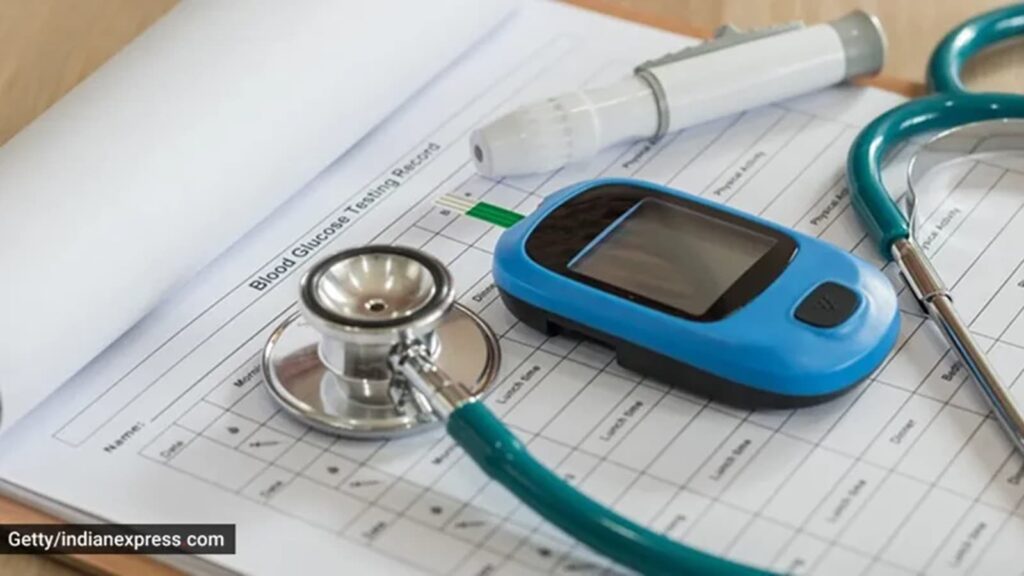970x125
When we think of high blood sugar, the first thing that comes to mind is food. But your blood sugar levels can go up even when you haven’t eaten a single bite. Here are five surprising factors that can cause these changes and what you should know about them.
970x125
According to Dr Pranav Ghody, consultant endocrinologist and diabetologist, Wockhardt Hospitals, Mumbai Central, stress, poor sleep, exercise, infections, and hormonal changes can all cause your blood sugar levels to rise.
For example, stress triggers the release of cortisol, which tells your liver to release stored glucose to give you energy, a useful response in emergencies, but not so helpful during daily stress. “One bad night of sleep can make the body temporarily more insulin-resistant, which keeps glucose in your blood longer,” said Dr Ghody.
Exercise, especially intense or resistance training, can also cause temporary spikes as your body releases glucose for energy, though this usually leads to better blood sugar control over time. “Illnesses or infections push your immune system into overdrive, needing extra energy in the form of glucose. Lastly, hormonal changes, especially around menstrual cycles, perimenopause, and menopause, can make the body less sensitive to insulin, causing fluctuations in blood sugar,” said Dr Ghody.
 Even inadequate sleep affects blood sugar levels (Photo: Freepik)
Even inadequate sleep affects blood sugar levels (Photo: Freepik)
What should you note?
These spikes aren’t always bad. “For instance, temporary increases after exercise or during an immune response are natural and necessary. But chronic stress, regular poor sleep, or persistent hormonal imbalances can lead to long-term blood sugar issues, which need attention. Women in their 40s and 50s, in particular, may notice changes in weight, energy, or mood due to these hormonal effects on blood sugar,” said Dr Ghody.
What can help?
Story continues below this ad
Understanding these triggers is the first step. It is essential to manage stress with relaxation techniques, prioritise good sleep,and keep a regular exercise routine. “Consulting a healthcare professional for hormonal or long-term concerns can make a big difference. If you notice unusual blood sugar spikes, especially without any change in diet, it’s worth discussing with your doctor,” said Dr Ghody.
Blood sugar changes aren’t always about what you eat; knowing these hidden triggers can help you take better control of your health.
DISCLAIMER: This article is based on information from the public domain and/or the experts we spoke to. Always consult your health practitioner before starting any routine.
970x125

